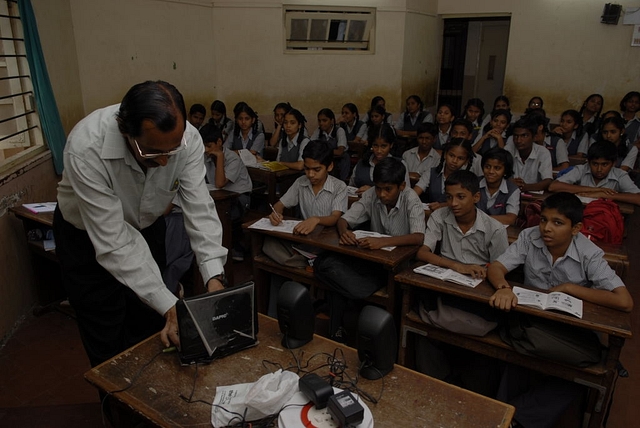
To Escape RTE Woes, Increasing Number Of Schools Seek Minority Status
Seeking relief from the demanding constraints set by the Right of Children to Free and Compulsory Education (RTE) Act on the schools, more and more educational institutions are seeking the minority tag which enables them to be out of the purview of the act, as reported by the Times Of India (TOI).
Several conditions set by the act, conceived during the Congress-led United Progressive Alliance regime, like compulsory 25 per cent of seats for poor students, make it very difficult for private-run schools to comply with the act.
Minority run institutions, however, do not need to comply with the RTE conditions. Although the schools claim that they would like to shoulder the social responsibility, with no help from the government, the schools are forced to find other ways to avoid the compulsions. The act is hence often seen as favouring minority institutions over majority-run institutions.
Also, according to the act, the government is supposed to reimburse the schools for the part of the fees that they lose by reserving the seats. These payments, the schools claim, haven’t been forthcoming. There is hence an increasing trend of private schools seeking legal help to get a minority tag.
A school trustee, speaking to TOI, said, "People do talk with each other and there are lawyers who can handle the entire process from end to end. The government has mismanaged RTE payment schedule and has lost confidence of school owners who were otherwise willing to be partners in this social outreach."
Also Read: RTE’s Heart Is In The Right Place – But Not Its Head